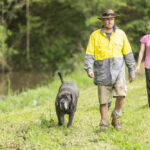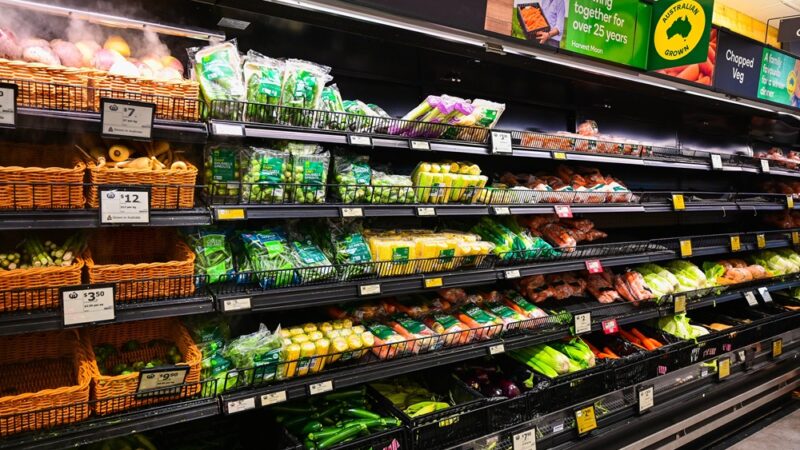NSW Farmers president James Jackson says a sensible approach is needed to manage the Vic…
Health Star Rating for juice to be slashed
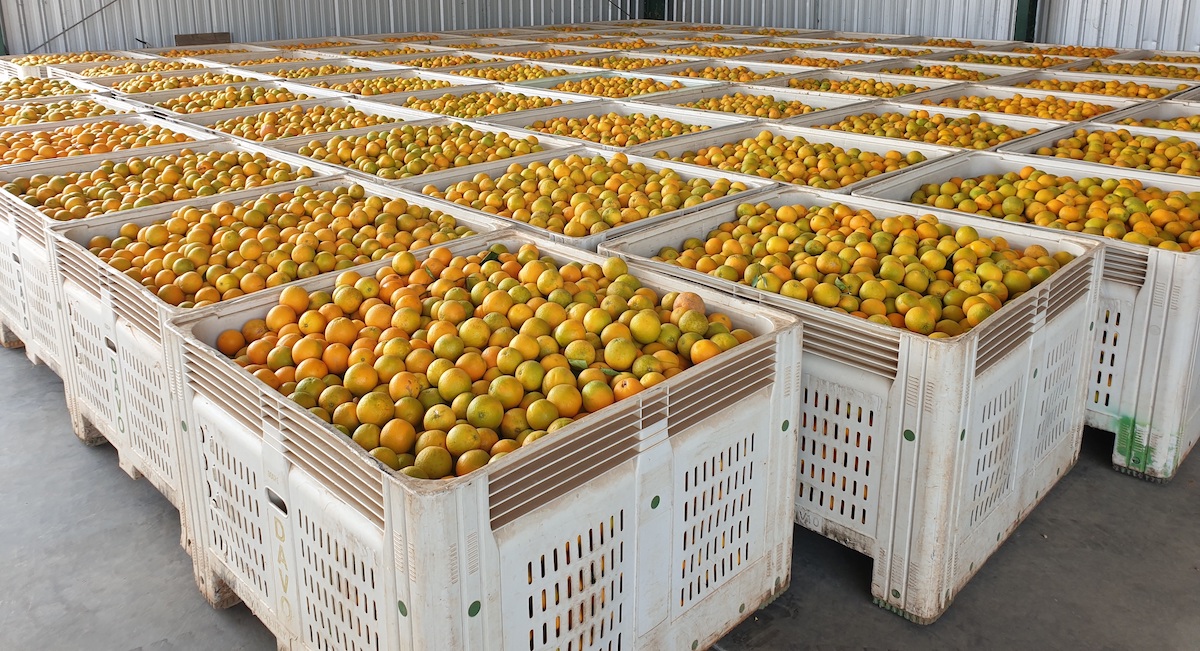
We know Australians don�t eat enough fruit and vegetables � countless studies have confirmed it and they show it�s getting worse, not better, as consumer waistlines continue to expand. The finger is being pointed at sugary foods and drinks as one of the major culprits, and the Health Star Rating for juice is being targeted.
Fruit and vegetable growers across Australia were horrified to discover earlier this year the Health Star Rating (HSR) for 100 per cent juice with no added sugar was to be slashed from 5 health stars to as low as 2 stars. At the same time, the revised guidelines would give 4 stars to diet soft drinks such as Diet Coke.
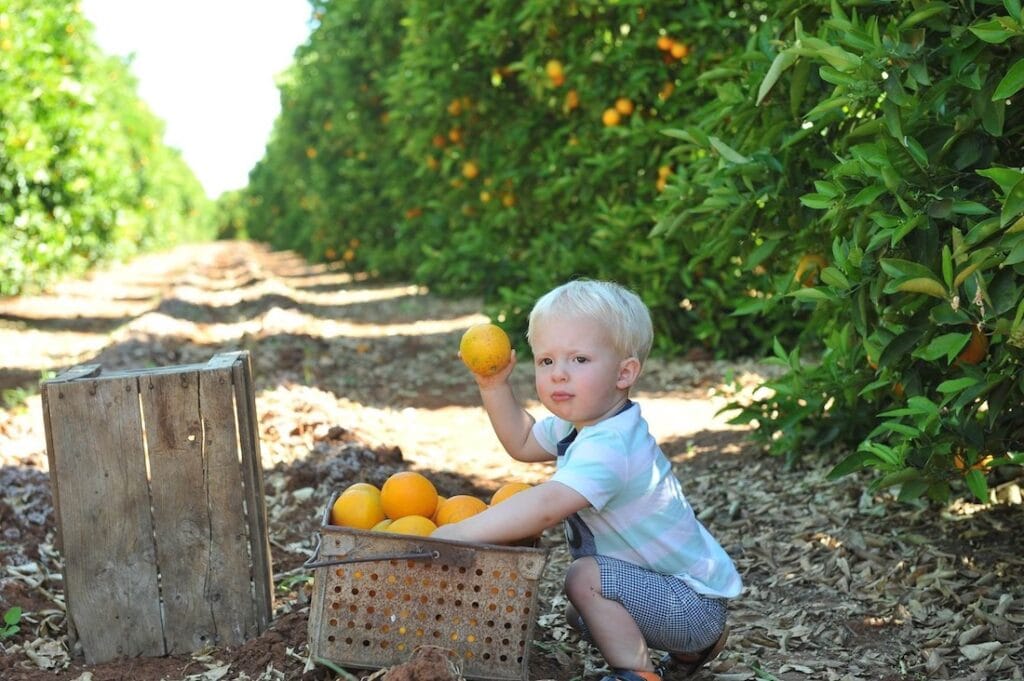
Growers say the changes make no sense, were made without consulting them, and put at risk the livelihoods of local fruit and vegetable growers as well as an industry conservatively valued at $736 million a year.
Juicing is largely considered a secondary market for produce that doesn�t meet first-class quality standards, but many growers supply all or most of their fruit and vegetables for juice.
Fifth-generation fruit grower Justin Davidson, who grows 12 varieties of juicing oranges on 100 hectares of orchards near Leeton and supplies the Berri label owned by Lion Dairy and Drinks, is devastated.
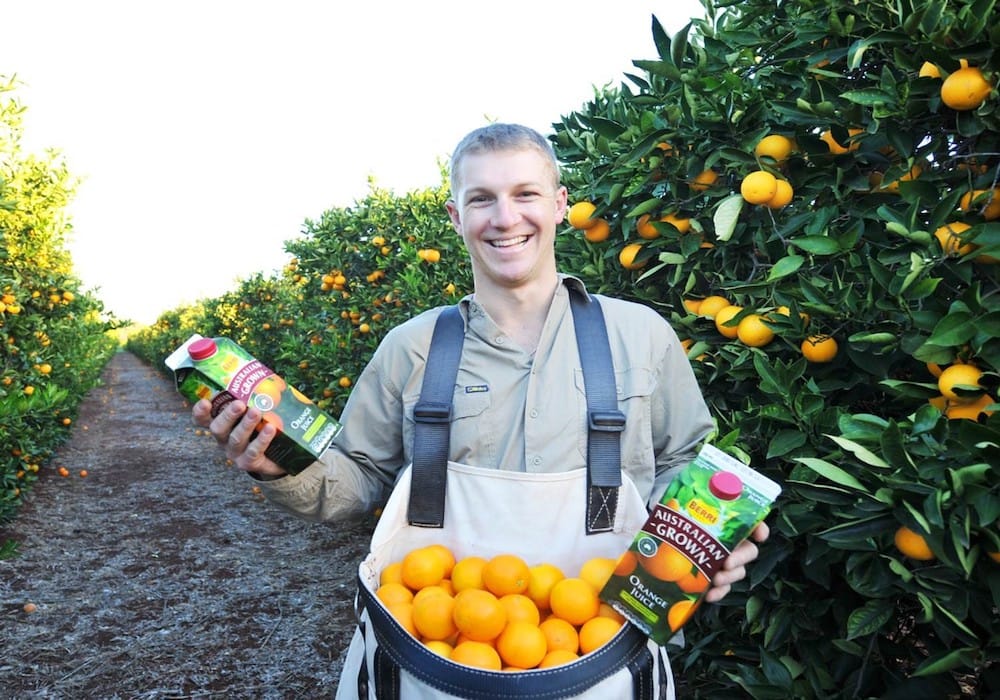
His father, the late John Davidson, was a founding member of the Quelch juice factory in Leeton in 1973 and worked as the fruit procurement officer for more than 40 years.
The Riverina accounts for almost two-thirds of Australia�s plantings of citrus for juice, but Justin says cutting the HSR for fresh juice with no added sugar would sound the death knell for an industry that has battled decades of low prices, competition from cheap imports, and losses due to drought, heat and frost.
�To put fresh orange and apple and vegetable juice in a category that�s worse than adulterated water will completely tarnish our product,� he says. �When I try to explain it to people they say, �What? It doesn’t make sense�. I say, �I know, but this is what I�m dealing with�. I�m pulling my hair out about it. It�s a funny thing politics, there�s no common sense in it.�
Thirlmere apple grower and juice producer Damien Silm agrees. As the manager of the juicing side of Cedar Creek Orchard�s business, which produces 12,000 litres of apple juice each week, Darren says cutting the HSR for juice to 2 stars would dramatically impact the company’s sales.
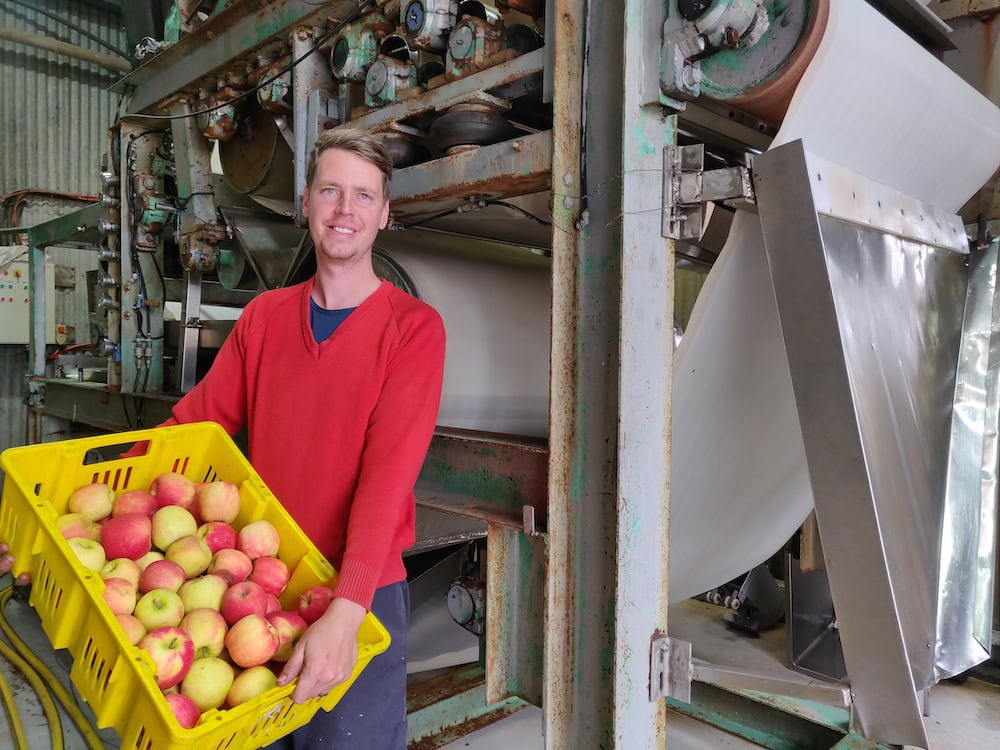
�I don�t understand why they would do it,� he says. �If they�re saying eating an apple is bad for your health and that�s only 3 stars, then maybe I can understand why juice would be demoted to 2 stars. Our juice is basically a liquid apple. We’ve just taken all the crunch out of it and juiced it for you. So, if eating an apple�s healthy then we don�t understand why drinking juice would be considered unhealthy.�
Damien says his grandfather, Roland, built a press and they bought a bottling line to make juice from apples they couldn�t sell as whole fruit. It brought diversity into the enterprise and helped spread risk, providing an avenue for lower quality and damaged fruit.
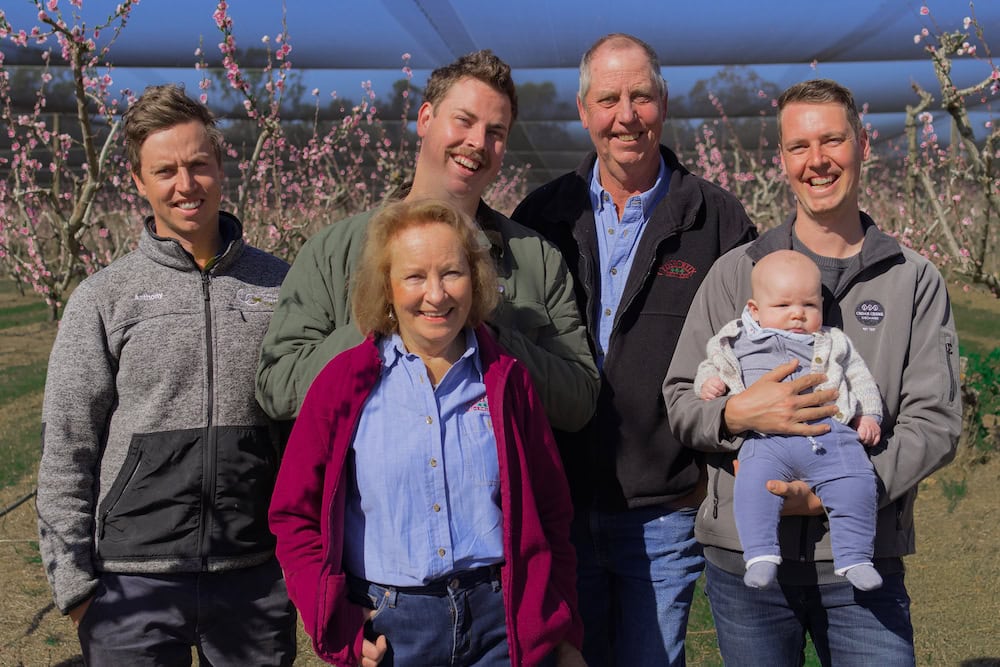
�It�s definitely helped us stay afloat over the years,� he says. �If demand plummeted we�d probably have to throw them away or find someone to give them to and that would be a big hit � I reckon the juice is maybe 50 per cent of our supporting business.�
Agriculture Minister David Littleproud went into bat for growers at the July meeting of the Australian and New Zealand Ministerial Forum on Food Regulation which discussed the new HSR guidelines. He proposed juice with no added sugar be awarded 4 or 5 stars in recognition of its nutritional benefits. But when it came to a vote, neither option received majority support.
Mr Littleproud released a blistering statement afterwards, saying the decision was illogical and �doesn�t pass the pub test�.
�The Forum lost the point of encouraging consumers to make healthy choices,� he said. �We want Australians to eat and drink products that align with Australian Dietary Guidelines. We want Australians to consume more fresh fruit and vegetables; 100 per cent fresh fruit and vegetable juice with no added sugar can make a healthy contribution.�
Forum chair Senator Richard Colbeck tells The Farmer the Commonwealth has only one vote at the Forum, but �it believes fruit growers and the fruit juice industry are important parts of the national economy�.
And while Mr Littleproud�s proposals weren�t supported, Senator Colbeck says the Forum accepted the need for further investigation and asked for advice to be provided at its meeting scheduled for November.
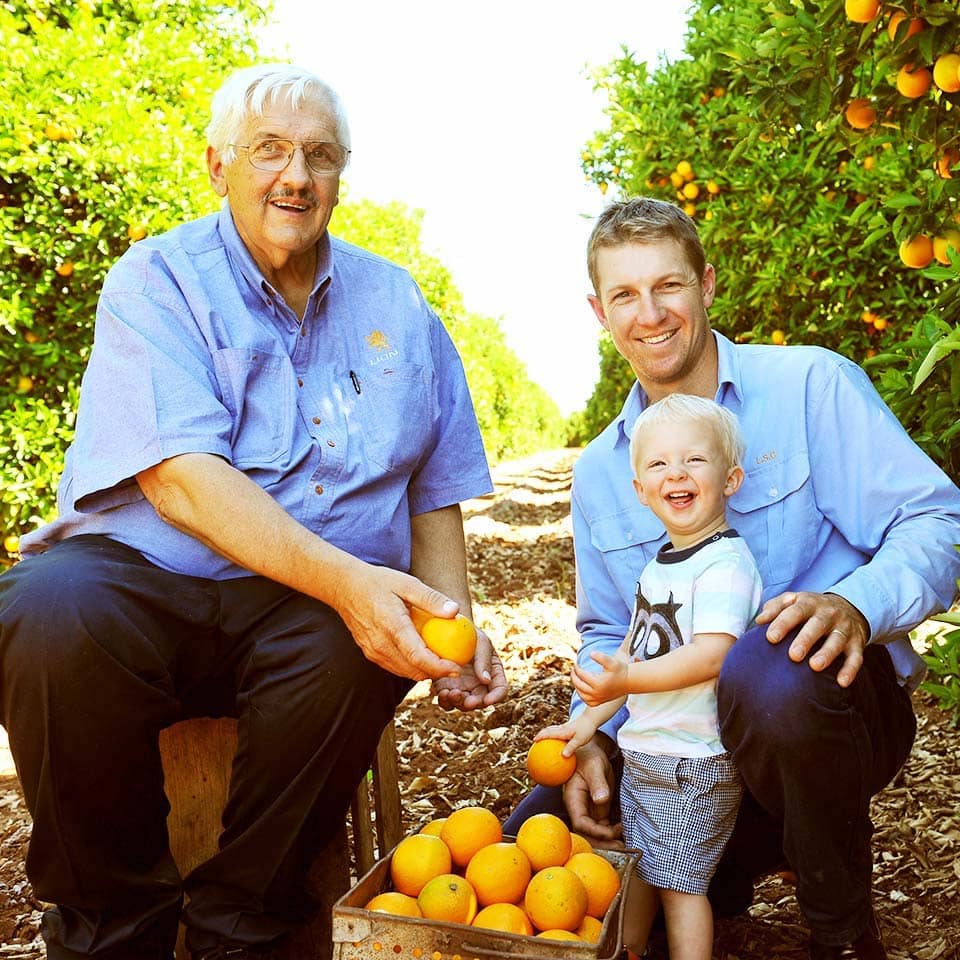
Citrus Australia, supported by the National Farmers Federation, AUSVEG, Apple and Pear Australia (APAL), the NFF Horticulture Council, Passionfruit Australia, Mangoes Australia and Summerfruit Australia, launched a campaign in September to ensure the issue would be reconsidered.
Citrus Australia CEO Nathan Hancock says consumption of fruit and vegetables continues to fall, with latest Australian Bureau of Statistics figures showing just 5.4 per cent of all Australians over 18 consume the recommended daily intake of fruit and vegetables.
�Effectively labelling fresh juice with no added sugar as �unhealthy� would hinder any chance of stopping this decline,� he says. �The algorithm that underpins the new HSR assesses fresh juice on sugar content alone and does not consider essential nutrients, such as Vitamin C, potassium, folate and magnesium, or antioxidants.�
APAL Head of Government Relations and Advocacy Jeremy Griffith says the proposed new ratings focused solely on total sugar content, rather than added sugar.
�As a result of that pear juice can be as low as 2 stars,� he says. �And the highest rating you can get for fresh orange or apple juice is 3.5 stars. That misses the benefits of all the other nutrient-rich contents of fresh juice. The government is basically encouraging the consumption of diet drinks and diet colas, over literally freshly squeezed pear, apple and orange juice. That�s sending the wrong message � and a very mixed message � to consumers.�
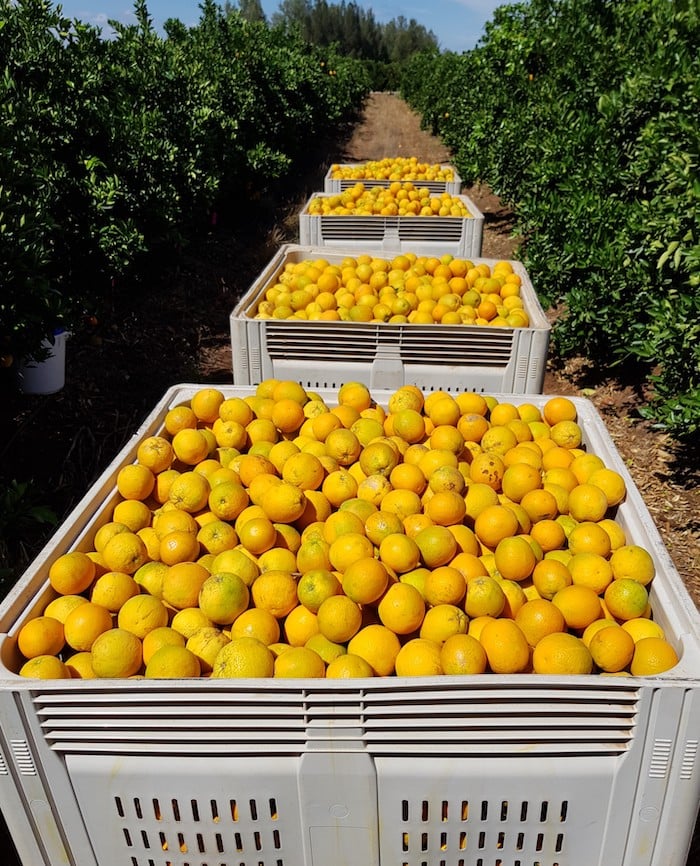
Senior Manager of Corporate Affairs at Australian Beverages Council, Shae Courtney, says the Forum�s decision in July was not based on evidence or the Australian Dietary Guidelines, which allow for the occasional 125ml of juice to be considered equal to one serve of fruit.
�I�m sure other stakeholders, juice manufacturers, juice processors and growers are similarly frustrated about this issue,� he says. �I remain hopeful the strong advocacy of the industry will encourage other ministers who sit on the Forum to change their minds (and) come to a pragmatic decision on juice.�
If not, Justin Davidson says he�ll be forced out of growing oranges for juice. �We�ll have no option,� he says. �We�ve been through the tough times and now we�ve got more red tape and another hurdle to overcome. Australian farmers are a dying breed, and it just feels like the government is making it harder and harder for us to farm.�
What is the Health Star Rating system?
The Health Star Rating (HSR) system was introduced in 2014 to provide an easy way for consumers to compare similar packaged foods and make healthier choices.
It uses a calculator based on Australian Dietary Guidelines (ADG) to assess the nutritional composition per 100g or 100ml of foods � including positive factors such as fibre, protein and the proportion of fruit, vegetable, nut and legume content, as well as negatives such as saturated fat, salt and sugar � and rates them on a scale of � to 5 stars.
The more stars a food has, the healthier it is deemed to be. Fresh juice has held a 5-star rating since the HSR was implemented.
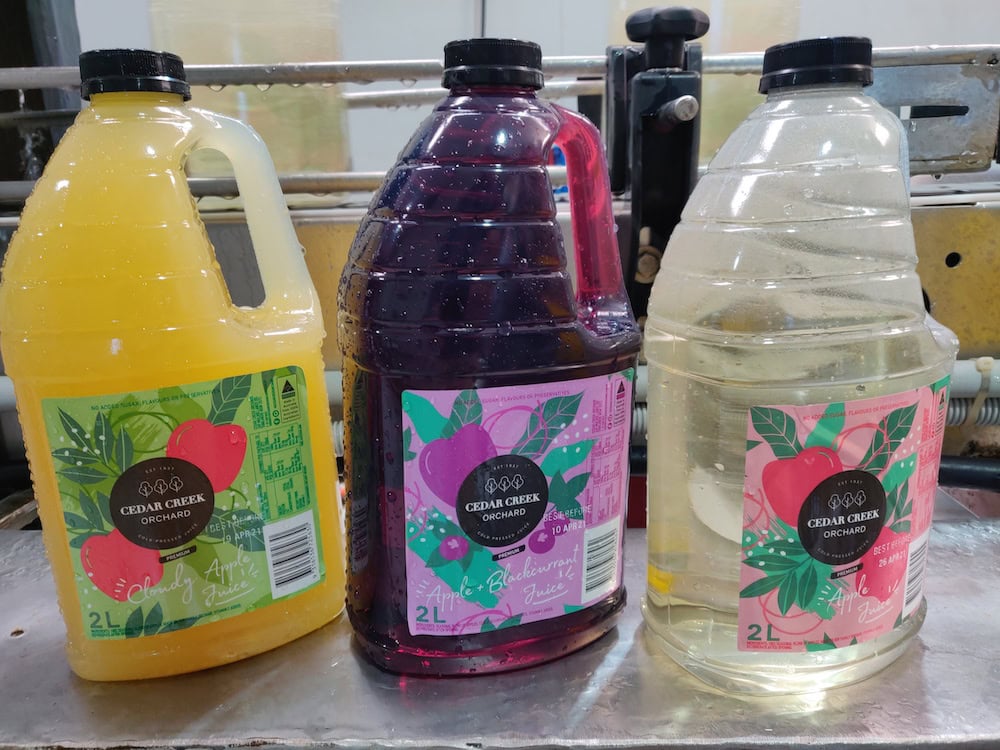
HSR is a voluntary system developed by the Australian, state and territory governments in collaboration with food manufacturers and retailers, public health and consumer groups. It is overseen by three committees including the Australia and New Zealand Ministerial Forum on Food Regulation, which is made up of federal, state and territory ministers responsible for food and the Australian Local Government Association, chaired by Senator Richard Colbeck. Each member has one vote.
By September 2019 the stars had appeared on more than 15,200 products on Australian supermarket shelves, but surveys have found many manufacturers only declare the HSR for their healthier products.
More details are available at http://www.healthstarrating.gov.au
We�re not getting our 2 and 5
Australians don�t buy or eat enough fruit and vegetables, according to food sales data released in June by the Australian Bureau of Statistics.
The data is based on sales of foods from supermarkets, grocery stores, convenience and specialty stores in 2018�19. It found apparent daily consumption of fruit was 1.5 serves, 75 per cent of the recommended daily intake (RDI) of 2 serves per day.
In comparison, vegetables were just 2.3 serves, less than half the RDI of 5 serves per day.
The majority of fruit serves was from fresh or canned sources (64.8 per cent), with fruit juice contributing 23.1 per cent and dried fruit 12.1 per cent Just 5.4 per cent of all Australians over 18 consume the recommended daily intake of fruit and vegetables.�
If you enjoyed this story, you might like our feature on the seaweed industry.




